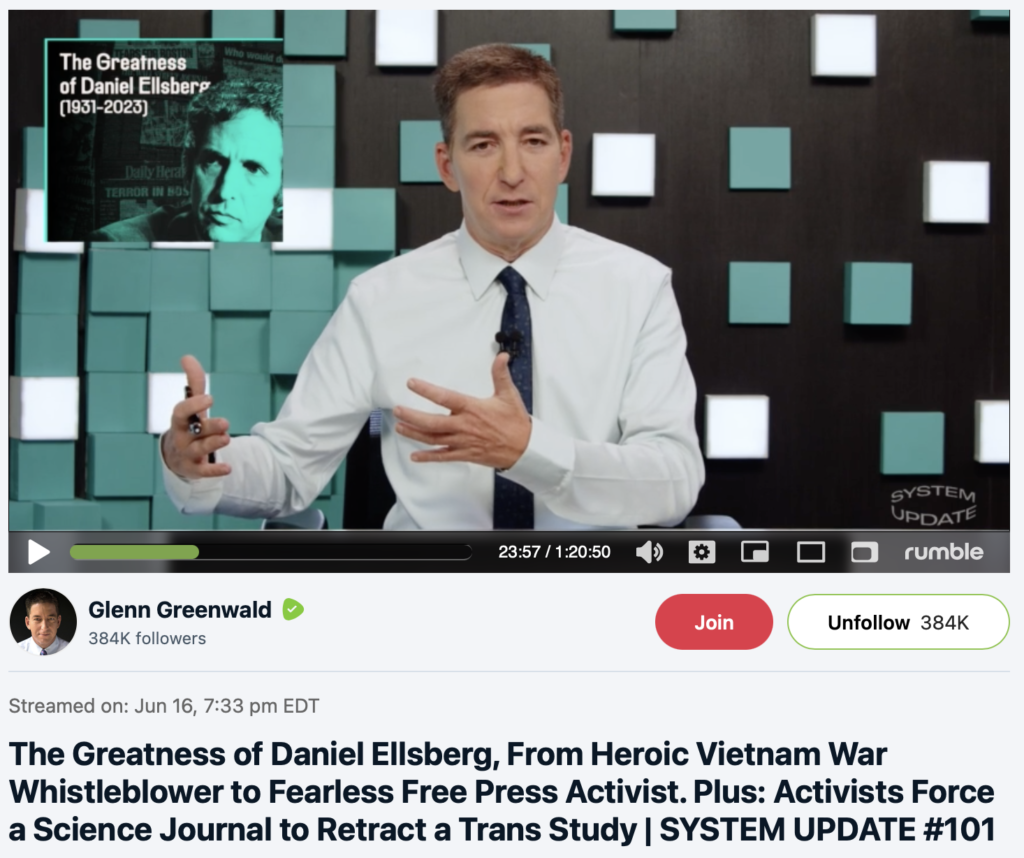I have a day job and a lot of other things that I pursue other than my writing at this website. Thus, I am selective about the topics I write about. How do I choose my topics? One of my rules of thumb is to avoid writing about the things that are already getting lots of attention by corporate media. I often have nothing to add to that coverage.
I write about things that concern me, especially things that are not getting much widespread coverage. I gauge that lack of widespread coverage by talking with friends and acquaintances, many of whom are quite busy with their jobs and raising their families. They don't have much time to tap into the "news." They tend to get their "news" by browsing headlines of corporate media. Often, when I mention something I've learned from social media, they are surprised or confused. This brings to mind a quote from the Stoics:
A highly relevant warning from one of the Stoics from Ancient Rome:
If a person gave away your body to some passerby, you’d be furious. Yet you hand over your mind to anyone who comes along, so they may abuse you, leaving it disturbed and troubled—have you no shame in that?
—Epictetus, Enchiridion , 28
[We interrupt this article with a public service announcement]
Browsing headlines and articles from corporate media (on either the left or the right) is "handing over your mind" to people with an agenda. They are often acting as the paid PR department for the Democrats or Republicans. What is their main quest? To get re-elected. What's the best and most efficient way to get re-elected? To lie to the public. To claim that they are doing a GREAT job. To claim that the other party is evil. To argue that it is an existential imperative to vote for them. To divide us. To refuse to admit that on most issues (e.g., warmongering and being obeisant to their corporate masters and to Wall Street) they serve as a uni-party.
And they are very good at fooling us, especially when they strike up close partnerships with U.S. security state (FBI, CIA, DHS) and social media corporations to censor U.S. citizens, which the Democrats have excelled at. This censorship has been proven many times over by the Twitter Files.
Therefore, a gentle reminder: Resist the temptation to hand over your mind to enticing headlines. Read widely. Read the "enemy." Read independent media, reporters who are financially supported by their readers, not by the people they are purportedly reporting on.
[Now back to the article]
Why do I write about the things I write about rather than other things? Jesse Singal recently published an excellent post on this issue: “Why Do You Write About This Rather Than That?” Is Almost Always A Lazy And Unserious Derailing Tactic." An excerpt:
One of my main critiques of left-of-center intellectual life is that it feels like there’s been a surge of energy spent not on developing and debating specific arguments and counterarguments, but on developing derailing tactics — ways to avoid even having potentially edifying conversations in the first place.
Some derailing tactics involve simply responding not to the claim being made, but to another, much sillier claim. A says “Some dogs bite people,” and B responds “A is saying we should euthanize all dogs in case they bite people!” Yawn. B will always get 100 times the retweets, unfortunately.
Other forms of derailing involve impugning someone’s very interest in the subject they’re talking about. One very common, very annoying version of this is to accuse them of being interested in the wrong thing — basically a form of zoomed-out whataboutism. I’ve obviously encountered this and you’ll see a ton of it everywhere. Maybe the most common version is lobbed at individuals on the left who are concerned about illiberalism on the left, who are accused of ignoring the more pressing threat of right-wing illiberalism or fascism or whatever...
When I see this coming from academics or journalists, which I do a lot, I find it quite frustrating and anti-intellectual. To the extent this claim is undergirded by any actual thought — and I do think the point is to derail rather than to raise genuine questions — the theory seems to be that intellectual or journalistic inquiry should be guided by utilitarian calculations. You shouldn’t spend your time, or at least not much of it, on a particular beat or concern if there are more “important” concerns elsewhere.
Jesse then sets out some of the problems with common derailing strategies:
What you decide what to focus on as a writer is based on a complicated swirl of variables." I follow my interests each day and I often pick from a vast set of notes and ideas that I have accumulated over the years. On other occasions, I comment on something interesting I spotted on Twitter.
"Journalists and academics also are concerned with finding a niche."
"Journalists and academics are also allowed to get tired of things! I’m tired of Trump. I don’t want to write about him anymore."
"[I]t isn’t always clear which stories will and won’t turn out to be important until journalists actually take the time to look into them."
"“Only a small number of people are affected by this” is, more broadly, a frequently callous argument."
"[T]here is often a fundamental level of bullshit — or at least hypocrisy — to these arguments, because the people making them often have rather niche interests themselves."
All of these thoughts resonate with me. Jesse is an excellent writing and his article is a good read - I recommend you go to Jesse's website to read his entire article.

